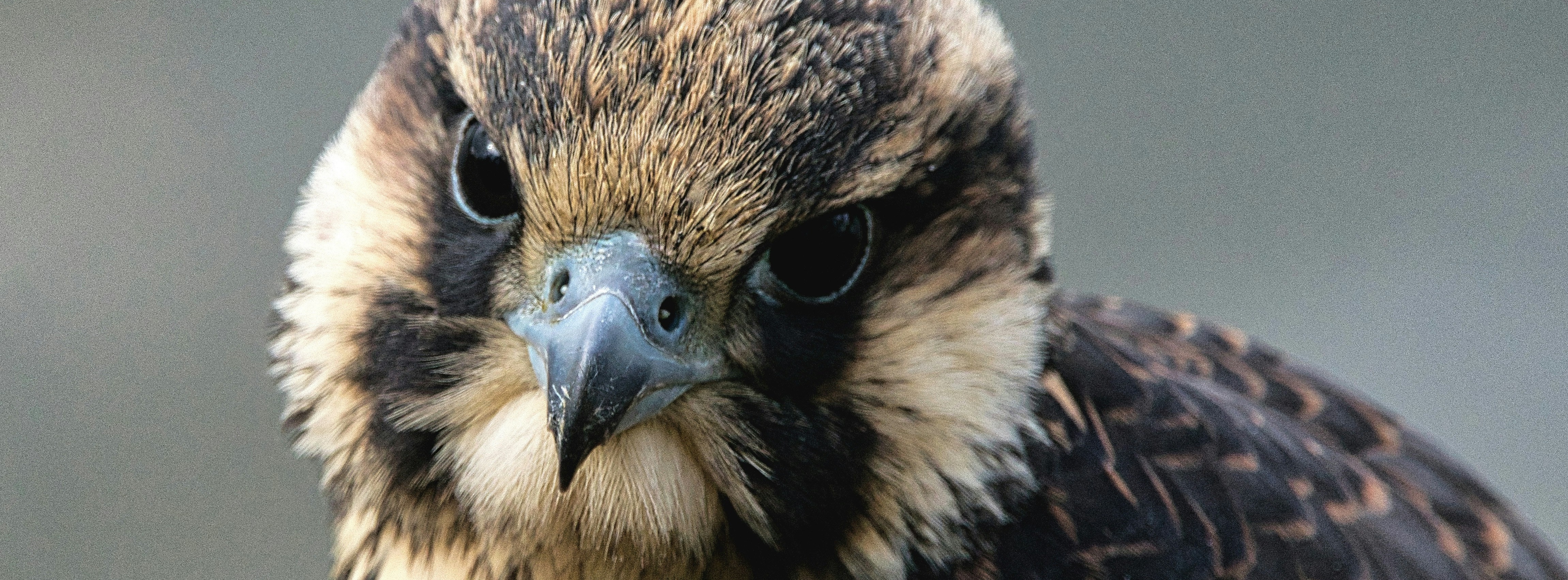Take this great opportunity to join BirdID on an unforgettable learning experience to Morocco and the Atlas mountains! Our goal is to learn as many species of birds as possible – the North-African specialities in particular.

February/march every year, as long as there are enough participants. We need at least 8 new participants and there are maximum 10 available spots. If we have less than 8 participants in a given year, the trip will be cancelled that year. The Morocco field course lasts for 10 days.
The price for the whole trip is ca. 480 euro per person – flights not included. You pay this up front. This price includes hotel-standard accommodation (2-3 persons of same gender per room), breakfast and dinner all days and transport in minibus. If you need a single room, you pay approx. 100 Euro extra. The price will increase slightly every year.
You have to buy your own lunch. We will drop by restaurants when possible, but some lunches will be in the field. We recommend withdrawing 1000 dirham, which will be added to a pool for lunches for everybody for the whole trip. The exact amount may vary slightly from year to year. Guides and teachers are paid by Nord University, securing high quality and an economic trip for the students.
The field course is open to all nationalities, and we only require that you have passed both exams in Western Palearctic Birds before you can join (BID2001 and BID2002). You apply at www.birdid.no My Page.
Admission is based on the time of application, and takes place in the period October - December in the year before the trip. This means that the earlier you apply, the greater your chance of getting a place in the year you apply. During the admissino period, you will receive an offer letter by email where you must answer YES or NO to the spot. Due to waiting lists and that some people decline their spot, there will be several rounds of admission throughout the winter, until we have filled all the places on the course. If you do not get a spot, you will automatically be offered a spot the following year. It is also possible to postpone the application and keep your place in the application list for one year.
After you have been allocated a spot and accepted, you will receive an invoice from us where you pay costs that cover the expenses mentioned above. All information will then be sent out via email.
We start in Marrakesh and drive east towards the Atlas mountains, a lovely landscape with peaks and cliffs, rivers and some farmland. Depending on the snow, we may reach as high as 3000 m asl.! Here we will probably see the endemic Levaillant`s Green Woodpecker, Blue Rock Trush, African Blue Tit, Alpine Accentor, Crimson-winged Finch, Cirl Bunting and several others.
East towards Boumalne, we find endless stony desert teaming of birds – larks in particular. Temminck`s Horned-, Desert-, Thick-billed-, Lesser Short-toed-, Short-toed-, Hoopoe-, Crested-, Thekla`s- and Skylark are all possible here as well as White-crowned Black-, Mourning- and Red-rumped Wheatears. Long-legged Buzzards and Lanners hunt the area, and three species of sandgrouse breed in the area.
We continue to the Sahara desert, where we may find some exclusive desert birds such as African Desert Warbler, Desert Sparrow, Bar-tailed Lark, Desert Wheatear, Brown-necked Raven and Egyptian Nightjar.
The two last days are spent at the coast, driving via the famous Sous valley. Here we will find farmland, lakes and estuaries, with a diverse bird fauna. Among the numerous wetland birds we expect to find several species of herons, Glossy Ibis and not least, the endangered Northern Bald Ibis. Marbled Teal and Ruddy Shelduck can be numerous as well as lots of waders and gulls – and a lot more.
The temperature in Morocco varies between 5-30 oC. In the mountains we expect less than 5-10 oC, but for most of the trip you can wear t-shirt and shorts. Rain and wind can affect the temperature, even in the desert, so bring clothes for all kinds of weather.
The bed linen in the hotels can be a bit thin and raw. A two-season sleeping bag is recommended to bring, otherwise extra wool blankets are available in the hotels. The hotels are of varying standard, since in many areas there is not much to choose from. Showers and hot water are available in all hotels.
The time zone is GMT + 0. Currency is MAD (Moroccan Dirham). You will need some cash to buy food and drinks in some places where they do not take cards. Electricity is 220 V.
Along the roads there are both Arabic and Roman letters. Sunrise is around 07:00, sunset around 18:00. People speak Arabic and French, but some also speak English. Crime is not high, but valuables must be removed from the car.
Pack in a bag rather than a suitcase – it is easier to handle in the cars. Otherwise, remember to bring a telescope, binoculars, camera, bird book, notebook, mosquito repellent and sunscreen. A waterproof bag for photo equipment etc. is a good idea as protection from sand in the desert. You are not insured through Nord University, so you must have your own travel insurance that covers you and your equipment. Remember your passport, a visa is not necessary, but the passport must be valid for 6 months after arrival.